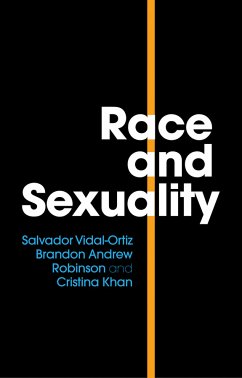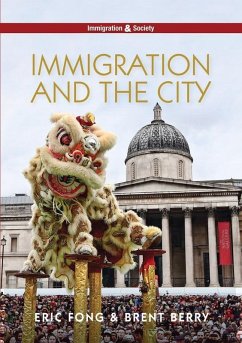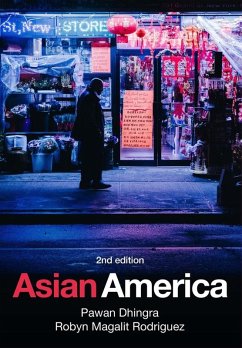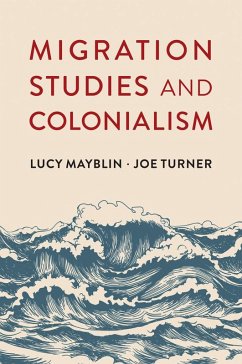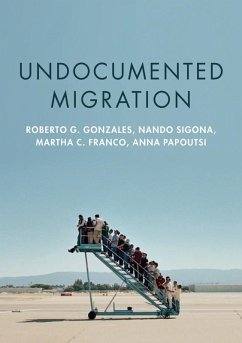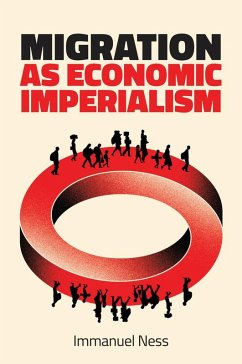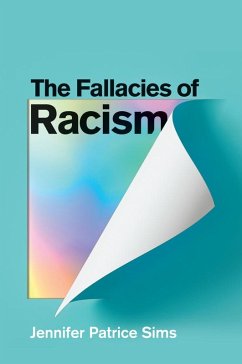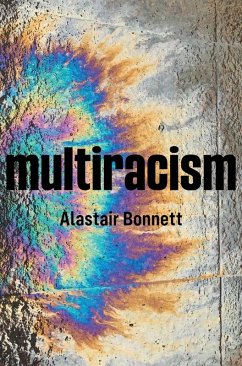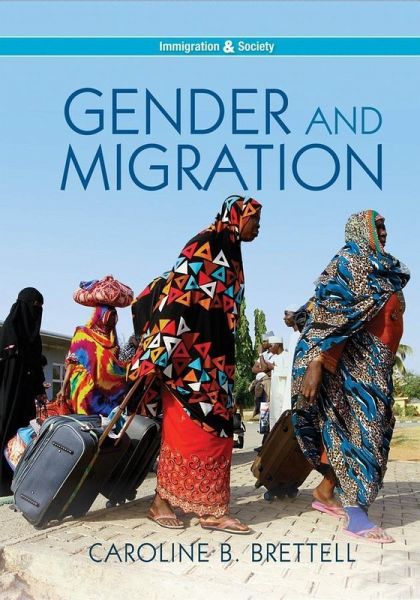
Gender and Migration (eBook, ePUB)
Versandkostenfrei!
Sofort per Download lieferbar
16,99 €
inkl. MwSt.
Weitere Ausgaben:

PAYBACK Punkte
0 °P sammeln!
Gender roles, relations, and ideologies are major aspects of migration. This timely book argues that understanding gender relations is vital to a full and more nuanced explanation of both the causes and the consequences of migration, in the past and at present. Through an exploration of gendered labor markets, laws and policies, and the transnational model of migration, Caroline Brettell tackles a variety of issues such as how gender shapes the roles that men and women play in the construction of immigrant family and community life, debates concerning transnational motherhood, and how gender s...
Gender roles, relations, and ideologies are major aspects of migration. This timely book argues that understanding gender relations is vital to a full and more nuanced explanation of both the causes and the consequences of migration, in the past and at present. Through an exploration of gendered labor markets, laws and policies, and the transnational model of migration, Caroline Brettell tackles a variety of issues such as how gender shapes the roles that men and women play in the construction of immigrant family and community life, debates concerning transnational motherhood, and how gender structures the immigrant experience for men and women more broadly. This book will appeal to students and scholars of immigration, race and ethnicity, and gender studies and offers a definitive guide to the key conceptual issues surrounding gender and migration.
Dieser Download kann aus rechtlichen Gründen nur mit Rechnungsadresse in D ausgeliefert werden.



